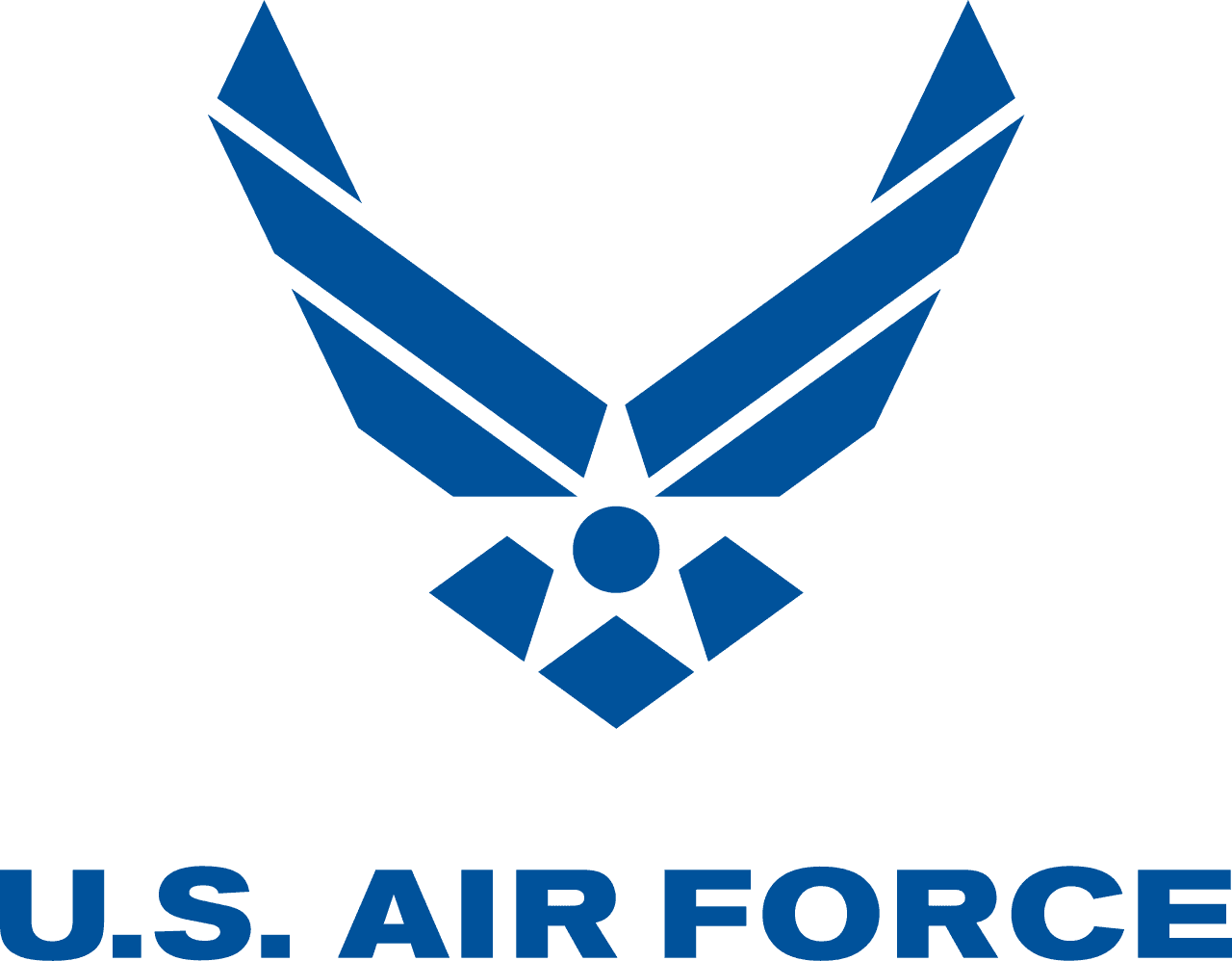Military Emergency Management Officers
Overview
What are the responsibilities of this role?
Emergency management officers evaluate potential and actual disasters, ensuring adequacy of warning systems, shelters, and disaster preparedness plans. Emergency management officers prepare and administer measures to cope with both natural disasters and chemical, nuclear weapon, reactor, and radiological incidents. They direct command and control centers during the development of situations and also participate in emergency response operations. These operations may involve responding to accidents.
What is the work environment like?
Emergency management officers usually work in offices while developing disaster response plans. They work outdoors while inspecting shelters or directing emergency response teams.
How many people have this role in the Military?
18,576
Compensation
Understanding How Military Pay is More Than Just a Salary
Base pay is the standard income you’ll earn as a service member, providing a stable foundation to start achieving your financial goals.
- Always fixed based on rank and service time.
- Distributed monthly.
What is the typical salary range?
$75,934
$97,685
$152,864
Military Details
What Service Branches offer this role?
Is this a staff or leadership role?
What does the training for this role entail?
Job training for emergency management officers primarily consists of on-the-job learning in various environments. Like other officers, they complete a comprehensive training program covering responsibilities, military structure and etiquette, traditions, and leadership development. Job-specific training may include:
- Disaster planning
- Procedures for nuclear, biological, and chemical decontamination
- Effects of radiation
- Procedures for nuclear accident teams
Education
What level of education do professionals in this role have?
Which college majors best prepare you for this role?
- Homeland Security
- Crisis/Emergency/Disaster Management
- Terrorism and Counterterrorism Operations
- Critical Infrastructure Protection
- Critical Incident Response/Special Police Operations
- Protective Services Operations
Learn About How Military Can Pay for 100% of your College Degree
Skills and Interests
What knowledge is essential to bring to the table?
- Customer and Personal Service
- Education and Training
- Public Safety and Security
- Administration and Management
- Computers and Electronics
What personality traits help people thrive in this role?
You love taking risks in business or personal projects — and have the leadership skills to back it up.
You like structure, staying organized, and working with systems to get things done efficiently.
You love figuring out how things work and researching subjects that interest you.
RIASEC represents six broad interest areas—Realistic, Investigative, Artistic, Social, Enterprising and Conventional—helping individuals identify careers that match their skills and preferences.
Take the RIASEC TestData supplied by Bureau of Labor Statistics, National Center of Education Statistics, Defense Manpower Data Center (View our update schedule). Contact any business, college or military service branch to answer additional questions.




